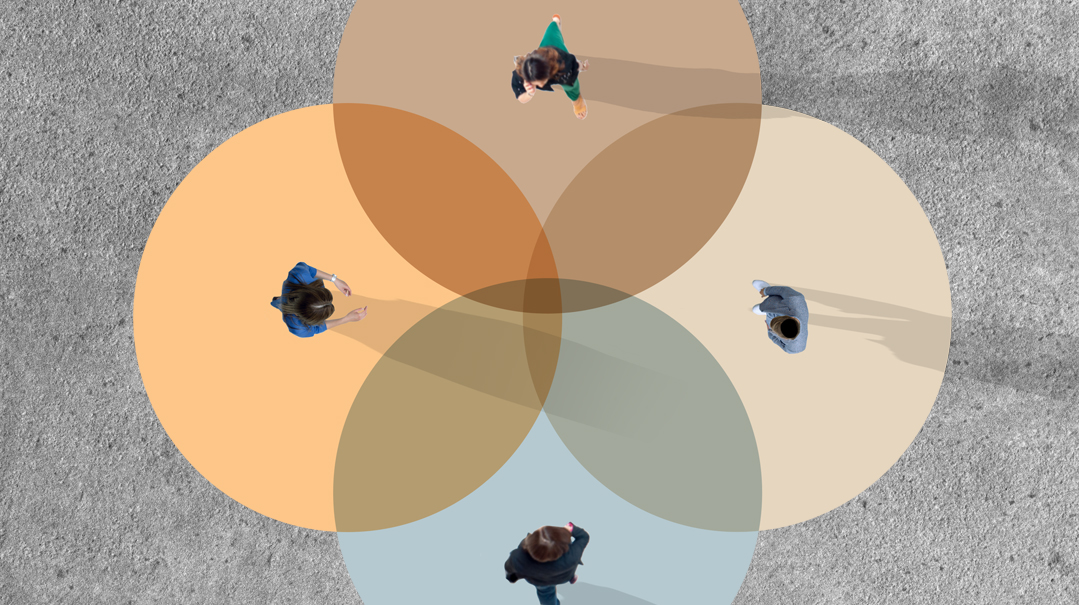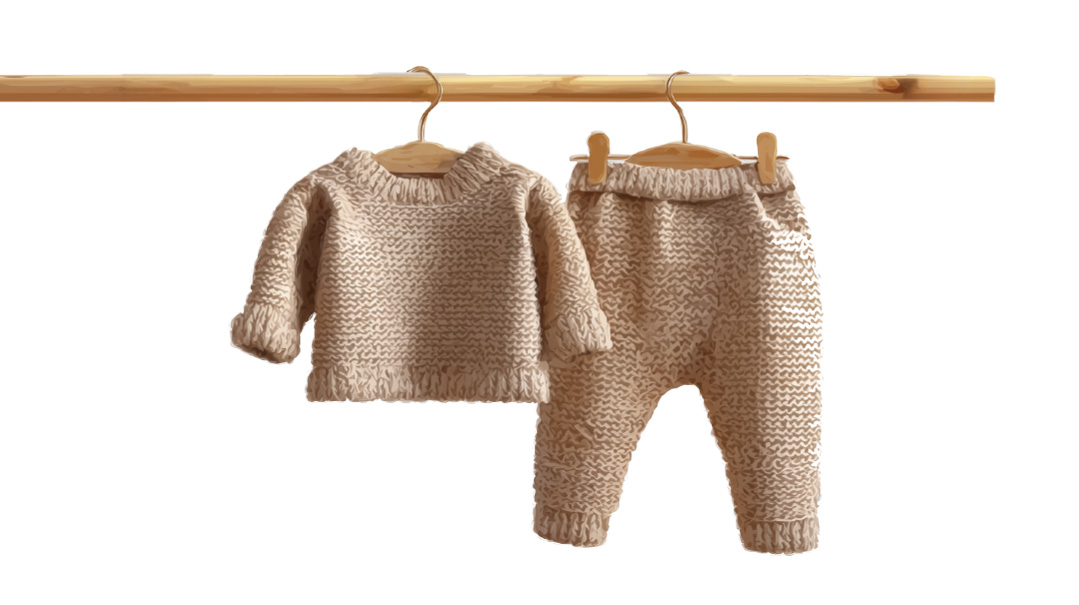Venn
| November 21, 2023I wonder what Chaim will say to an invitation to talk, which card he’s going to play, and then I feel nauseous with the guilt

ZELDY
I blink at the screen and blink again. I know that number.
But it doesn’t make sense that Henny’s cell number would be here, on this email from some unknown address, so I take my cell phone out to double check.
Of course I know Henny’s number — it’s one digit off from my own, and it’s always been a bit of a joke — if you don’t get the older Mrs. Steinmetz, you’ll get the younger one.
“Three-four-seven,” I mumble, “yes, yes, zero-five….”
It’s her number.
This is what I get for taking over my friend’s job. Just for two days, just organize the emails so the other secretary can get things moving. I was happy to do it. A mental health referral organization can’t take any days off, and Baila knows I’m discreet enough to keep my nose out of anonymous strangers’ business.
I freeze. Read the email again, stare at it until the letters blur into nothing.
Hi,
We recently switched insurance and are in search of a psychiatrist specializing in major depressive disorder.
And then a list of people and places that they’ve already seen.
Unfortunately, treatment protocol until now has not been effective.
Please call.
Henny’s number; it’s my daughter-in-law’s number.
Oops! We could not locate your form.







